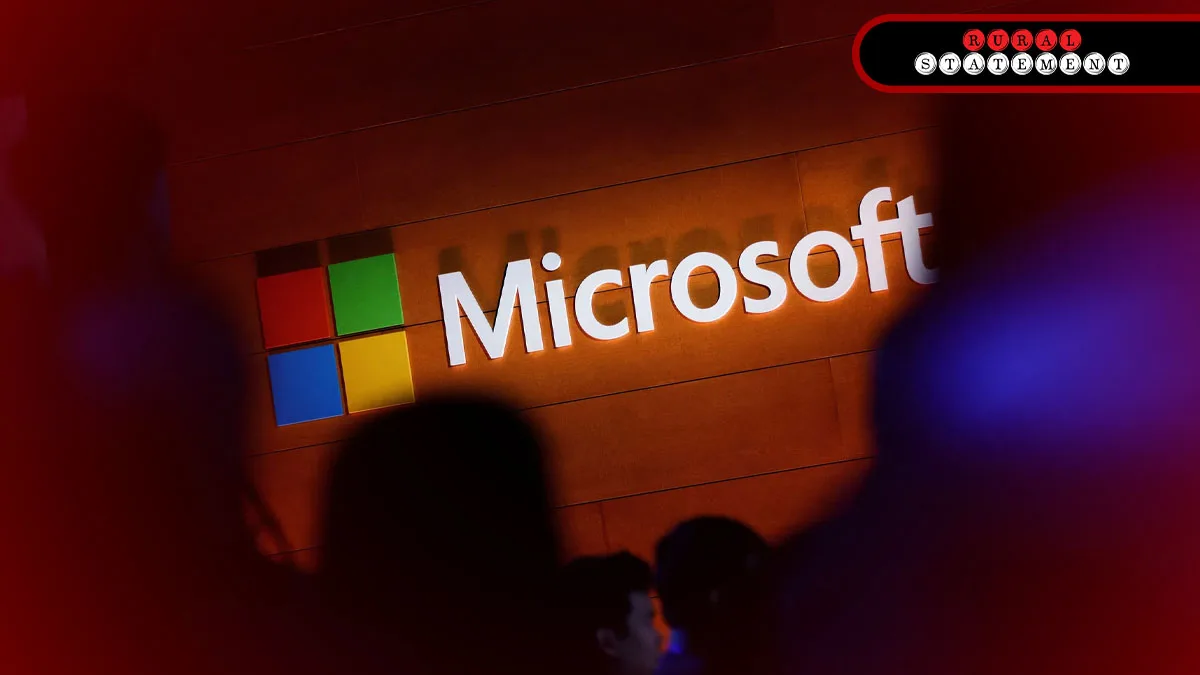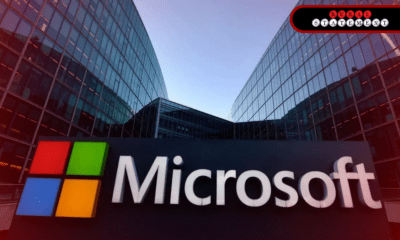BUSINESS
Environmental Concerns Rise as Microsoft’s Windows 10 Support Shutdown Threatens to Send 240 Million PCs to Landfills

In a move that could have significant environmental repercussions, Microsoft’s decision to end support for Windows 10 is raising concerns about the potential surge in electronic waste. With an estimated 240 million PCs globally still running on the Windows 10 operating system, the tech giant’s shift could lead to a massive influx of discarded devices into landfills.
Microsoft recently announced that it would cease support for Windows 10 on October 14, 2025. This means the operating system will no longer receive security updates, leaving users vulnerable to emerging cyber threats. While the decision is aimed at promoting the adoption of the newer Windows 11 and ensuring enhanced security features, it has inadvertently sparked environmental worries.
Electronic Waste Impact:
The impending end of support for Windows 10 has raised concerns about the fate of millions of PCs that may become obsolete due to the lack of security updates. Industry experts estimate that approximately 240 million PCs globally are still reliant on Windows 10, and the potential disposal of these devices poses a significant electronic waste challenge.
Environmental Activists’ Concerns:
Environmental activists are expressing apprehension over the environmental impact of mass PC disposals. Electronic waste, often laden with hazardous materials, poses risks to ecosystems and human health. The disposal of millions of PCs into landfills could contribute to pollution and further strain on waste management systems globally.
Encouraging Responsible E-Waste Management:
Advocates are urging Microsoft to take proactive measures to encourage responsible e-waste management. Initiatives such as device recycling programs, incentivized upgrade schemes, and partnerships with electronic recycling facilities could help mitigate the environmental impact of the Windows 10 support shutdown.
Microsoft’s Response:
Microsoft, in response to environmental concerns, has reiterated its commitment to sustainability. The company is expected to roll out awareness campaigns and collaborate with stakeholders to address the potential e-waste issue. Additionally, Microsoft is emphasizing the benefits of Windows 11, encouraging users to transition to the newer operating system to ensure ongoing support and security.
Global Tech Footprint:
The situation highlights the broader issue of electronic waste generated by the rapid pace of technological advancements. As technology companies release new products and discontinue support for older versions, the responsible disposal and recycling of electronic devices become imperative to minimize the environmental impact.
As the deadline for Windows 10 support approaches, the tech industry, environmentalists, and policymakers are closely monitoring developments to ensure that efforts are made to minimize the ecological footprint associated with the transition to newer operating systems. The push for sustainable practices in the tech sector remains a critical aspect of addressing the challenges posed by electronic waste.


